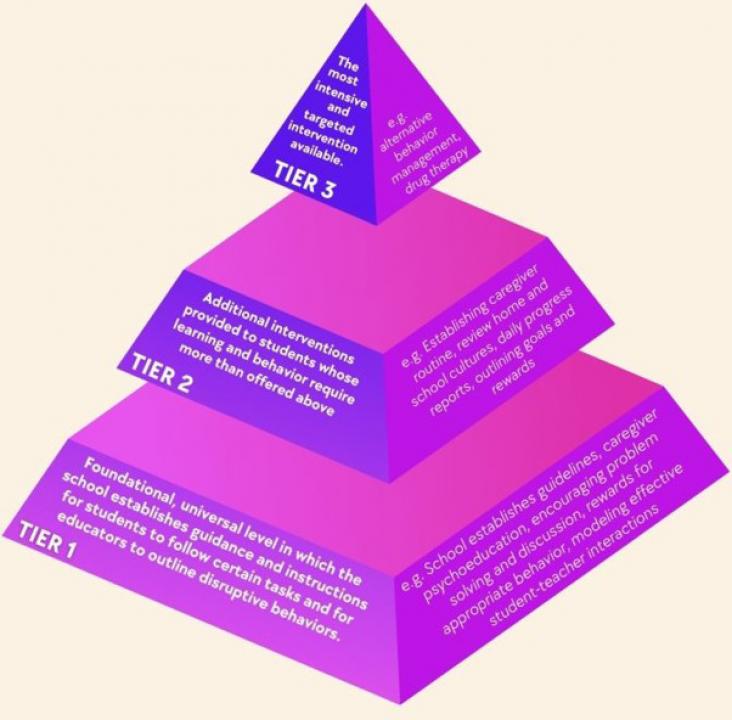Collective intelligence can be a valuable technique to engage multiple stakeholders in sharing and gathering data, and to facilitate the modeling of the health impacts of salinity.
The authors of this paper conclude that training food service staff and other food service staff may be beneficial to improve meal quality in the Early Care and Education (ECE) programs but point out that positive changes did not last, perhaps indicating a need for longer and rigorous trainings.
Elsevier,
Translational Surgery
Handbook for Designing and Conducting Clinical and Translational Research
2023, Pages 591-597

The extensive history of abuse and ongoing mistreatment of Black Americans continues to foster apprehension and distrust of healthcare providers. This has resulted in substantial barriers for modern healthcare to appropriately address the needs of Black patients. These concerns have been visibly manifested during the COVID-19 pandemic. This article supports WHO SDG 3 Good Health and Wellbeing and SDG10 Reduced Inequalities.
Elsevier,
The Thinking Healthcare System
Artificial Intelligence and Human Equity
2023, Pages 99-129
Highlights the 21st century's fundamental “global health” reformulation of PubHealth and anticolonial resistance (to a perceived cultural imperialism of the West including in PubHealth) supporting SDG 3.
This Article supports SDGs 3 and 10 by evaluating home telemonitoring of women with complicated pregnancies, finding that it might be a safe alternative to hospital admission. If implemented, it is possible that this alternative could reduce costs and increase patient access to care and monitoring
In the context of applying machine learning to solve problems for risk prediction, disease detection, and treatment evaluation, EHR pose many challenges– they do not have a consistent, standardized format across institutions particularly in US, can contain human errors and introduce collection biases. In addition, some institutions or geographic regions do not have access to the technology or financial resources necessary to implement EHR, thus resulting in vulnerable and disadvantaged communities not being electronically visible.
A roadmap for health care leaders to execute intrinsic agency toward equity, supporting SDGs 3 and 10.
There are undeniable historic and contemporary hardships faced by Indigenous Peoples regarding access to medical treatments, research opportunities, clinical trial participation, and careers. The goal of the PNOC/CBTN DEI working group is to bring such inequities to our pediatric neuro-oncology community and beyond and start to develop and collaborate towards solutions.
Digital health programs are urgently needed to accelerate the adoption of Artificial Intelligence and Clinical Decision Support Systems (AI-CDSS) in clinical settings. However, such programs are still lacking for undergraduate medical students, and new approaches are required to prepare them for the arrival of new and unknown technologies.
